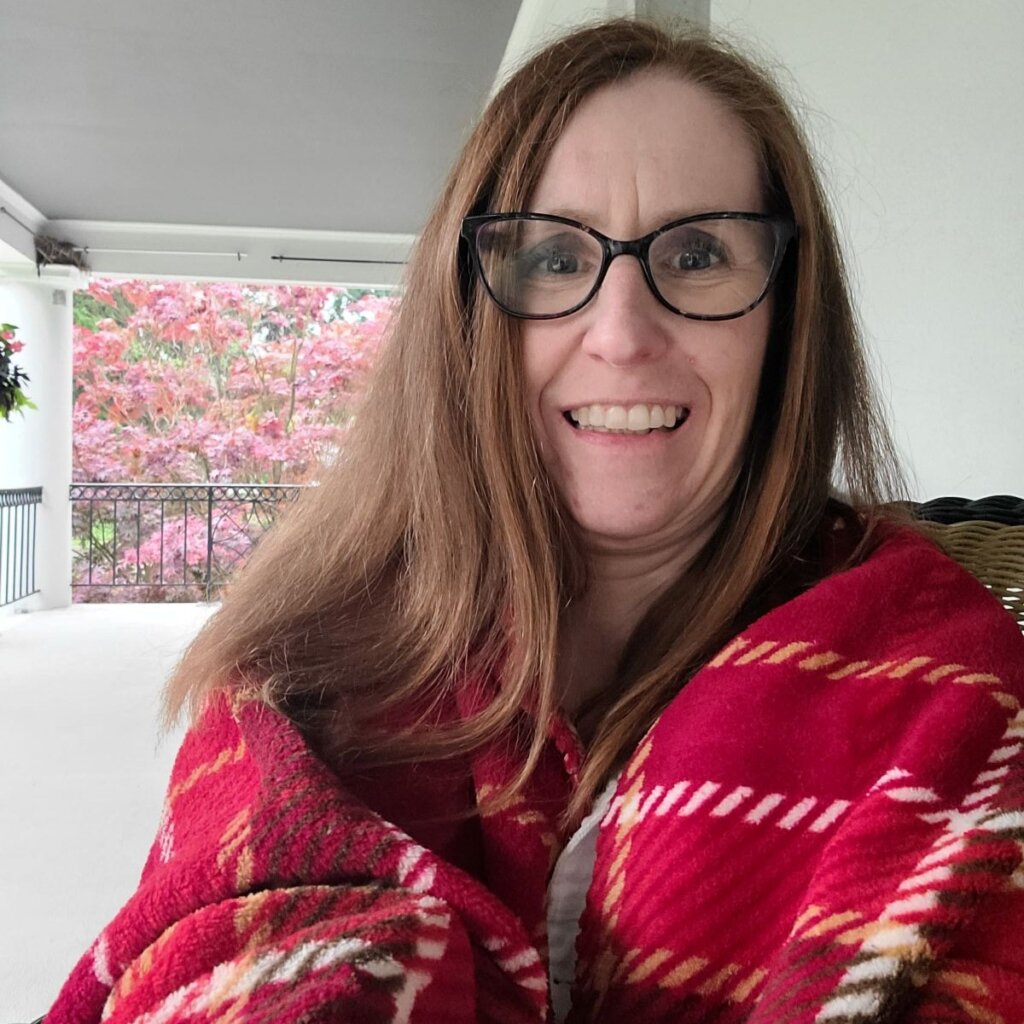
A heart for helping: Mikelle Meaden’s journey as a social worker
For nearly 30 years, Mikelle Meaden has helped patients and their families through challenging medical diagnoses. As a social worker, she plays a crucial role in providing counselling, support and connections to essential resources that improve the quality of life for those under her care.
Her path to social work wasn’t always clear. After completing her undergraduate degree, she reflected on a high school aptitude test that had suggested social work as a strong fit for her skills. Intrigued, she returned to university to take an introductory course and quickly realized she had found her calling.
“I always knew I wanted to work with people,” Mikelle says, adding that she worked in a retirement home as a teenager. She enjoyed the nature of the work, especially helping individuals with cognitive issues.
That experience, and her early studies, led Mikelle to pursue a two-year Master of Social Work program.
She started her career in a medicine unit at Victoria Hospital, eventually moving to her current role in the Clinical Neurological Sciences (CNS) department at London Health Sciences Centre (LHSC).
“We’re very lucky on this floor,” Mikelle says. “We have a number of social workers who specialize in different areas.”
 That includes social workers who focus on neurosurgery, epilepsy, and strokes. Mikelle works in general neurology, so she sees patients who might not fit into a specific area of care.
That includes social workers who focus on neurosurgery, epilepsy, and strokes. Mikelle works in general neurology, so she sees patients who might not fit into a specific area of care.
While brain tumour patients first see the neurosurgery social worker during their hospital stay, Mikelle becomes involved if they are readmitted with symptoms not related to their surgery. Her role is to help the patient and their family navigate the complexities of living with a brain tumour diagnosis, and return home with the services needed to support them.
Working with people—one of the things that initially drew her to the field of social work—is still Mikelle’s favourite part of the job.
“Whether it’s inpatient work or outpatient work, I tend to see people at the most vulnerable time in their lives,” she says. “I like to talk to people and hear their stories as a person. I’m always very impressed when people are willing to share their stories and be open, and let us help them the best way we know how.”
Seeing the resilience of her patients is inspiring to Mikelle, who knows that navigating through a neurological diagnosis can be overwhelming.
“We always make sure they know that there’s support out there,” says Mikelle. “Some people need that right away. Others are just reassured to know people are there if they need to reach out. We’re here to support them, every step of the way.”
